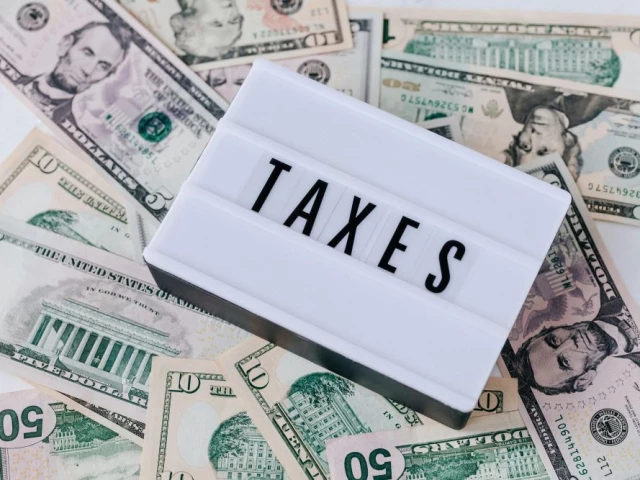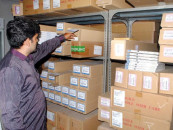Drinks, junk food taxes under review
Health body pushes for high levies on beverages, FED on processed food to curb diseases

A proposal is being considered to increase taxes on sugary drinks and impose federal excise duty (FED) on ultra-processed products in the upcoming budget for 2025-26.
At present, the tax rate is 20%, which is being considered to be enhanced to 40% in the budget. The rate was raised from 13% to 20% two years ago with the commitment to increasing it 10% every year. But the commitment was not met. Moreover, there is no tax on ultra-processed food and the health ministry wants to impose a 20% FED to discourage their use in order to save the lives of millions of people.
However, the multinational companies operating in Pakistan have been building pressure on governments during different tenures to ensure their sales continue to increase.
Briefing the media, Pakistan National Heart Association (PANAH) Secretary General and Director Operations Sanaullah Ghumman said that the health ministry was working on increasing taxes on sugary drinks and imposing taxes on ultra-processed food to save people from sugar-related and heart diseases.
He disclosed that the Ministry of Health Services has formally submitted proposals to the Ministry of Finance and the Federal Board of Revenue (FBR) to increase FED on ultra-processed products – particularly those high in sugar, salt and unhealthy fats – as part of the upcoming Finance Bill 2025. He said that different countries had imposed 50% taxes on sugary drinks and the government of Pakistan should increase the tax rate to discourage their use, adding that the state could raise $810 million in revenue by imposing a 50% tax.
Responding to a question, he said that the issue was also being taken up with the Special Investment Facilitation Council (SIFC) to address tax matters pertaining to sugary drinks and ultra-processed food.
He added that 2,200 people die daily due to non-communicable diseases that could be avoided by imposing higher taxes.
Pakistan is grappling with a national health emergency as non-communicable diseases (NCDs) such as diabetes, cardiovascular conditions, obesity and chronic liver and kidney diseases become increasingly prevalent.
The country now ranks first globally in diabetes prevalence, with 31.4% of adults aged 20-79 living with the disease. This is more than a public health issue; it is a national emergency.
He said that over 230,000 deaths annually were linked to diabetes-related complications and more than nine million individuals remain undiagnosed. With health spending standing at only $79 per capita, Pakistan is severely under-resourced to address this escalating crisis.
A major contributor to the rise in NCDs is the consumption of ultra-processed products. These items are aggressively marketed, highly palatable and easily accessible; yet they offer little to no nutritional value. Their overconsumption is directly linked to the surge in chronic health conditions.
These alarming statistics were shared during a media session organised by PANAH in Murree. Health and policy experts addressed the media, urging them to raise their voice in support of this critical national issue.
In parallel, the ministry has proposed the mandatory display of front-of-pack warning labels (FOPWL) on these products. These science-based, clear labels aim to empower consumers with accurate information at the time of purchase. He called on the media to play a vital role in shaping public opinion and influencing policy. Its support is essential for raising awareness, educating the public and forcing decision-makers to enact life-saving regulations. Media outlets were urged to amplify the importance of these policy measures and contribute to a national movement for a healthier Pakistan.





















COMMENTS
Comments are moderated and generally will be posted if they are on-topic and not abusive.
For more information, please see our Comments FAQ